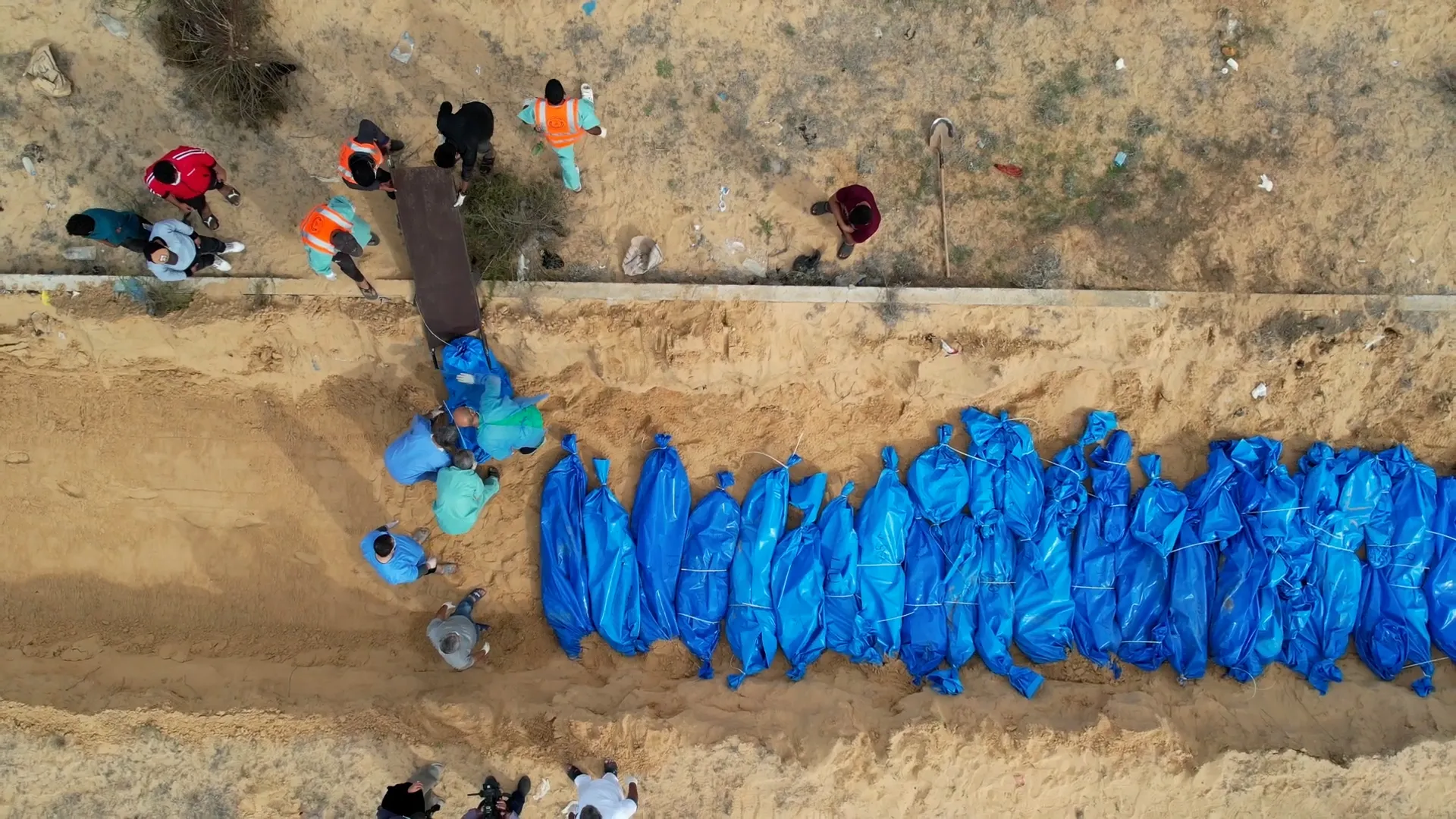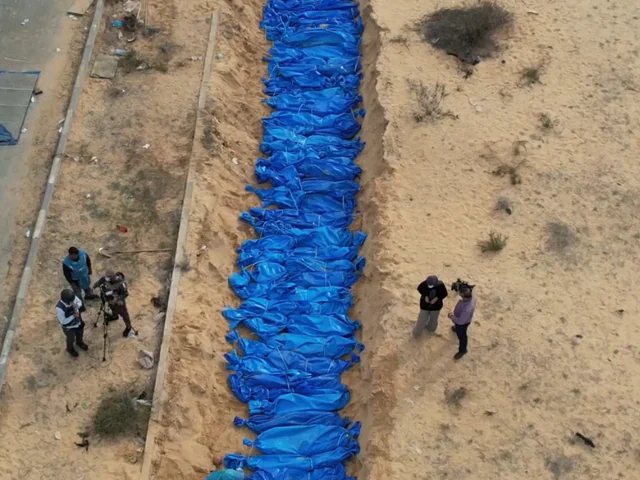The Egyptian government has officially denied reports that it has agreed to temporarily host displaced Palestinians from Gaza. A spokesperson for Egypt’s Ministry of Foreign Affairs stated on Saturday that “there is no agreement, formal or informal,” to accept large numbers of refugees across the Rafah border crossing. The denial follows widespread reports that Egypt had been in discussions with the U.S. and Israel to facilitate the transfer of up to 500,000 Palestinians—plans that would echo the mass displacements of 1948.
Egypt emphasized its opposition to any forced population transfers, reiterating its longstanding stance that Gaza must remain the homeland of its people. “Any attempt to alter the demographic makeup of Gaza is unacceptable and dangerous,” the statement read. Egyptian officials also warned that such actions could constitute a war crime under international law and destabilize the broader region.
Original Reporting:
In a move drawing immediate parallels to the 1948 Nakba, Egyptian President Abdel Fattah el-Sissi has reportedly agreed to transfer up to 500,000 Palestinians from Gaza into the Sinai Peninsula, under the pretext of aiding reconstruction efforts. Despite international framing of the plan as “temporary relocation,” critics warn the displacement risks becoming permanent, repeating a historic pattern of forced Palestinian exile.
The development follows weeks of pressure from the United States and Israel, both of which have pushed for mass relocation as a solution to the growing humanitarian crisis in Gaza. Arab leaders, while rejecting U.S. President Donald Trump’s proposal to depopulate Gaza entirely and convert it into a beach-front reconstruction zone, have now endorsed Egypt’s $53 billion plan to house displaced Palestinians during what they claim will be a rebuilding phase.
Historically, Egyptian officials have resisted any moves to settle Palestinians permanently on Egyptian land, aware of the deep implications for Palestinian sovereignty and national identity. The shift comes amid unprecedented destruction in Gaza, with over 80,000 tons of explosives dropped by Israel, decimating entire neighborhoods, hospitals, and infrastructure. Israel has blocked most humanitarian aid while continuing its bombing campaign, pushing displaced families toward the Rafah crossing.
Sources report that the U.S. administration is still exploring other relocation options, including proposals rejected by Jordan, Sudan, Somalia, and Somaliland. Egypt’s new willingness stands in stark contrast to earlier denials and signals a dangerous normalization of forced population transfer.
No details have been released about the conditions of the relocation or the nature of the housing and services to be provided. Human rights organizations have raised the alarm, arguing that the move violates international law and constitutes collective punishment and ethnic cleansing under legal definitions.
As the situation unfolds, regional observers warn that what is being presented as a humanitarian necessity may in fact be a strategic displacement, designed to alter the demographic and political reality of Gaza itself. For many Palestinians, this echoes not just 1948—but every betrayal since.
Reported by Casey Clearview for The Crustian Daily.
Author
Discover more from The Crustian Daily
Subscribe to get the latest posts sent to your email.













